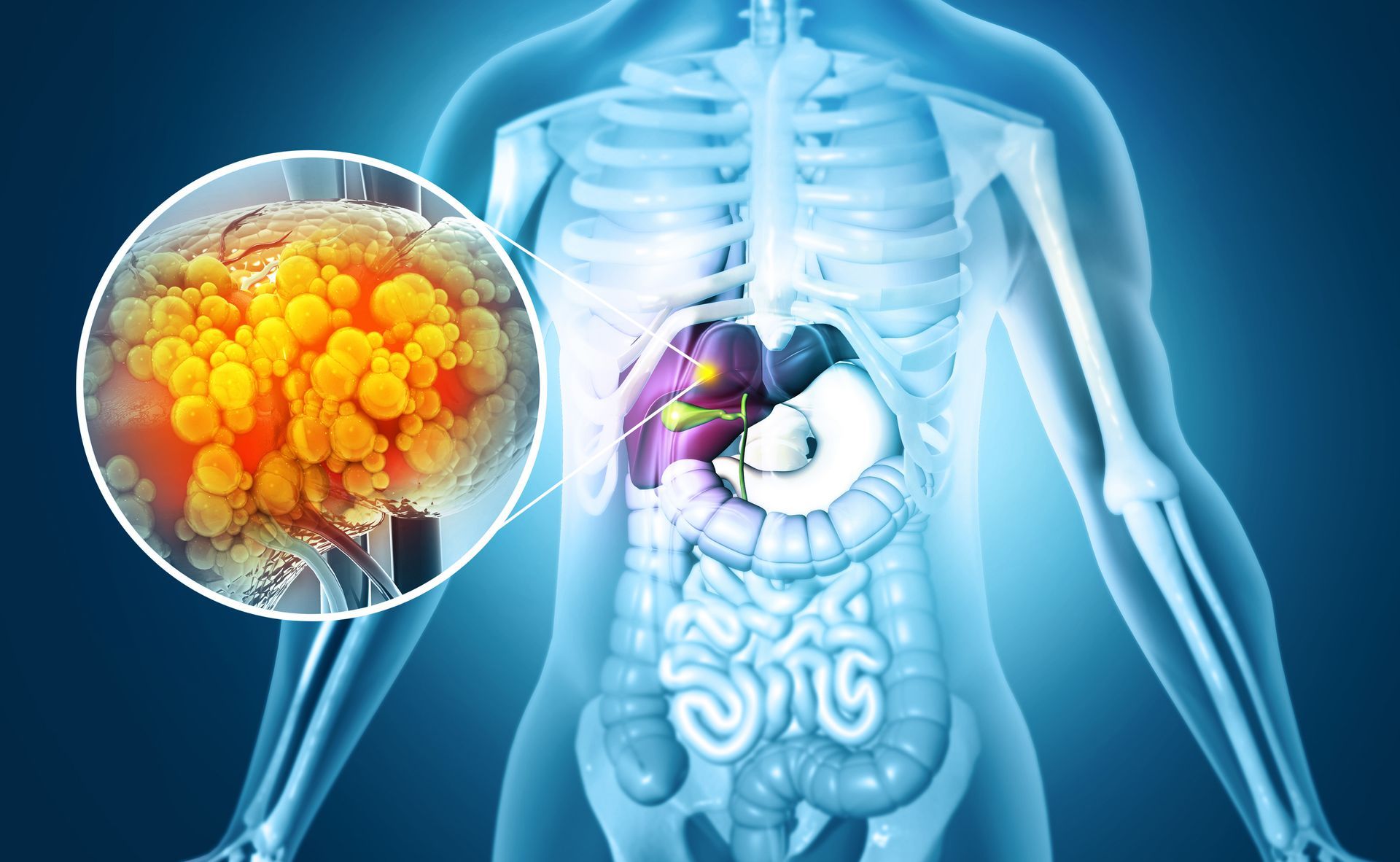Panama City, Florida Hemorrhoid Doctor: Facts about Hemorrhoid Banding
Hemorrhoids are swollen tissue in the lower rectum and anus that are typically caused by too much pressure in the area. This condition affects roughly 10 million people in the US, according to a review published in the Journal of the American College of Surgeons. Some estimates indicate that over half of Americans will deal with hemorrhoids at some point in their lives. While some cases of hemorrhoids subside with home care, others require medication, surgery or other forms of treatment, such as hemorrhoid banding.
Types of Hemorrhoids
There are two types of hemorrhoids that occur:
- Internal hemorrhoids: These develop inside the anus and usually cause bleeding while straining during bowel movements. In some cases, they can become large enough to fall outside the anus, these are called prolapsed hemorrhoids.
- External hemorrhoids: These develop outside the anus and make it difficult to thoroughly wipe the area clean after bowel movements. Blood clots sometimes form inside external hemorrhoids, causing severe pain.
Symptoms of Hemorrhoids
Hemorrhoids don’t always cause pain unless blood clots form inside them. Other symptoms of this condition include:
- Itching in the anus
- Painful bowel movements
- Bleeding during bowel movements
- Pain in the anus that worsens when sitting
- A hard lump or lumps close to the anus
Causes of Hemorrhoids
Hemorrhoids occur due to straining during bowel movements, sitting for prolonged periods of time, or being constipated. They commonly occur during pregnancy, although anyone can get them. Hemorrhoids are more likely to develop more often with age as tissue in the area weakens. In fact, about half of adults in the US have had at least one case of hemorrhoids by age 50, according to the Mayo Clinic. Hemorrhoids can also occur in individuals who are obese, those with certain types of diseases, such as cirrhosis of the liver, or those who eat a diet that is low in fiber.
Home Care for Hemorrhoids
Treatments for hemorrhoids usually start with home care, such as:
- Applying topical hemorrhoid cream to the affected area
- Soaking in a warm tub or using a sitz bath for 10 to 15 minutes to soothe the area
- Cleaning the affected area thoroughly with warm water and no soap, which could irritate hemorrhoids
- Wiping the area with damp toilet paper or moist towelettes instead of dry toilet paper, which can aggravate symptoms
- Applying ice packs to the area to reduce swelling
- Taking over-the-counter pain relievers to temporarily ease soreness
Hemorrhoid Banding
When home care doesn’t work, other forms of hemorrhoid treatment are available. Minimally invasive procedures are sometimes used to treat hemorrhoids that have formed blood clots. These procedures include hemorrhoid banding, which involves using a suction device to pull the affected tissue, then band the hemorrhoid to cut off blood supply. Older methods involve using a metal clamp to keep the tissue in place, which can be painful.
Those who have hemorrhoid banding done do not usually experience recurring hemorrhoids, although those with more than one hemorrhoid will need to have separate banding treatments done for each one. In most cases, three banding treatments are needed. Those who have banding done typically have mild pain in the affected area for about 24 hours afterwards and recover quickly.
If you have recurring hemorrhoids or hemorrhoids that do not respond to home care treatment, the expert staff at Digestive Diseases Center, with locations across northwest Florida can help.
CONTACT
850-763-5409
ADDRESSES
4 LOCATIONS
204 E 19th Street, B, Panama City
12216 Panama City Beach Pkwy, D, Panama City Beach
4295 3rd Ave, Marianna
101 Good Morning St., 109B, Port St. Joe
Subscribe to our newsletter:
subscribe to our newsletter
We will get back to you as soon as possible.
Please try again later.



